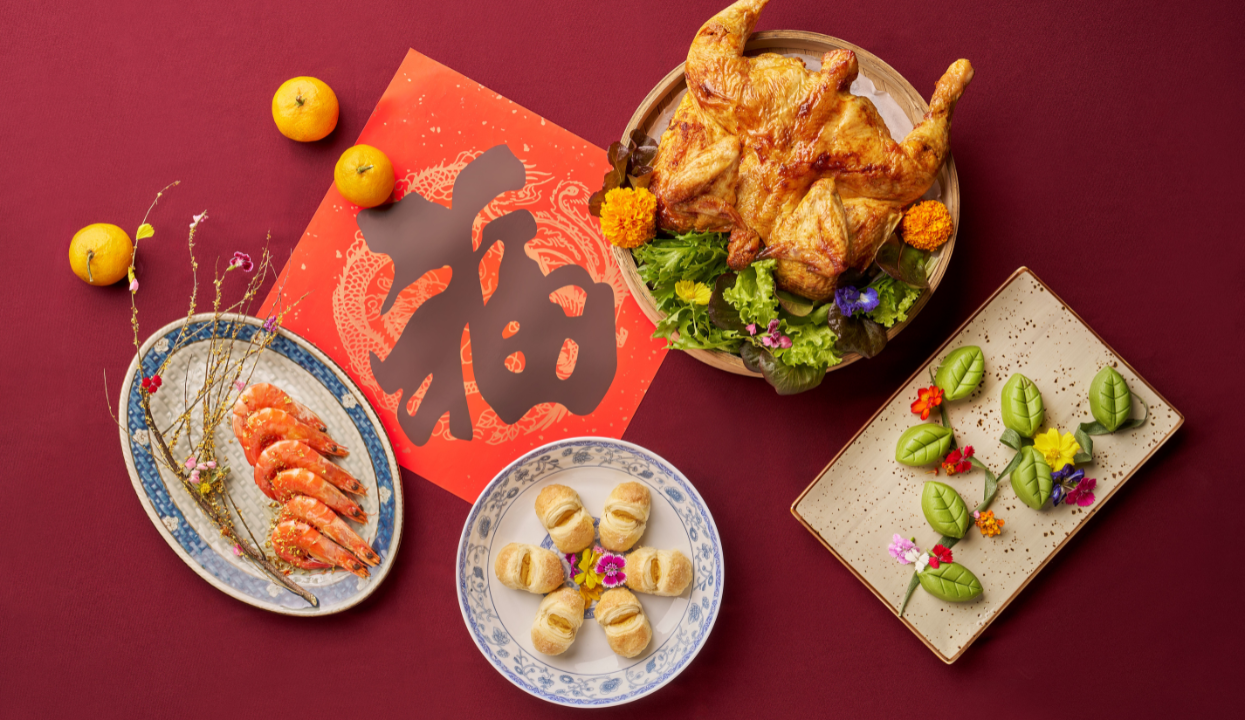The world can be divided into two groups of people. First, those who absolutely cannot live without coffee. For them, coffee is an integral part of their lives. It’s like a reliable morning ritual, a much-needed jolt of caffeine and energy boost to kick-start the day.

But for the other group of people, they don’t quite like coffee. And it’s pretty understandable why, too. Some people just can’t get used to the bitterness of coffee. Now, if that’s true for the everyday, commercialised brew, it’s even more true for specialty coffee.
Specialty coffee isn’t shy. It has a much more pronounced ‘coffee‘ taste — often a little more bitter, more acidic (in a pleasant, bright way), and with a noticeable sweetness all of its own. It’s complex, and that’s why, yes, specialty coffee is very much an acquired taste.
The good news is that almost everyone can learn to appreciate, or even genuinely love, a truly excellent cup. All you need is a genuine want to get to know coffee better and appreciate it as the nuanced, agricultural product it is.
What Is Specialty Coffee?
So, what exactly is specialty coffee? What makes it so special that it gets its own designation?
The term “specialty coffee” isn’t just marketing jargon; it’s a badge of honour earned through a rigorous, quality-focused process. It signifies a dedication to quality, traceability, and realising the exquisite potential of the coffee bean.
What determines a coffee as ‘specialty’ is the meticulous grading process set out by the Specialty Coffee Association (SCA). They score the green (unroasted) coffee beans on a 100-point quality scale, assessing ten attributes like flavour, aroma, acidity, and body. Only if the coffee scores 80 points or higher can it be deemed specialty coffee.

This designation means specialty coffee is of a much higher calibre than commercial coffee, and this quality is achieved at every single step.
The coffee bean itself is of high pedigree, primarily using arabica beans, which are known for their superior flavour and aroma compared to the hardier robusta. These specialty beans (which comes from coffee cherries) are often hand-picked — a process designed to ensure delicate handling and that only the best, ripest cherries are chosen. The processing and preparation are executed with precision, too.

Then, it all comes down to the roast. Even the finest bean can be ruined with a poor roast, which is why the roasting method is so essential. Only after this, the final step is the brewing process, where the quality is either preserved or lost.
How to Appreciate Specialty Coffee
The world of specialty coffee is a whole journey of flavours, and the beauty lies in its diversity. The specific flavour profile can change dramatically based on where the bean originated, how it was processed, and, of course, the roast; which is why specialty coffee is so intriguing!

For example, beans originating from the African region, such as Ethiopia and Kenya, often have a distinctive fruity and floral taste, with a pleasant, almost tart acidity. Beans from Central or South America, like Columbia and Brazil, are typically known for their nutty and chocolatey flavours. Meanwhile, coffee from the Asia and Pacific region, with countries like Indonesia, often produces beans that carry an earthy or herbal flavour.
To truly appreciate specialty coffee, the first step is simply to find a local café that serves (or, even better, self-roasts) specialty coffee. Then, take it slow and make it an experience for yourself:
- Sniff the elegant aroma: Some cafes will even let you smell the dry grounds before they start brewing. Take the time to inhale the scent and try to pinpoint if the notes are fruity, nutty, or floral. Getting to know what your coffee is made of by smelling it can help you appreciate it more, and amplify the anticipation.
- Watch the process: Try watching the process of the coffee brewing, especially if it’s a manual brew like a pour-over. Honestly, drinking specialty coffee like this can be a whole, calming experience in itself.
- Take a slow sip: Once the freshly brewed coffee is served, don’t dive in just yet. Smell the aroma of the fresh brew again. Then, slowly take a sip. What’s the initial taste? Is it more acidic and fruity, or perhaps heavier and nutty? Does it feel heavy, or have a light, tea-like taste to it?
- Check the temperature: Try to identify how it tastes when hot, versus how the flavour profile changes after it has cooled down a little. You might be surprised by the complexity that emerges as the temperature drops.
At first, if you’re used to commercial coffee, the distinctive taste of a specialty brew may feel a little off-putting. But many coffee lovers will tell you the same thing: the more they drink specialty coffee, the more accustomed they become to the flavour, and the more complex and delicious it gets. So much so, that it becomes genuinely difficult to enjoy other, less complex coffee anymore.
Ultimately, specialty coffee offers a layer of complexity and depth to the flavour — flavours that simply cannot be found in a normal brew.
If you’re looking to start exploring specialty coffee in Malaysia, we are fortunate to have a vibrant specialty coffee scene. Here is a list of highly regarded cafes and roasters across the Klang Valley.
Craft Origin
View this post on Instagram
Single Dose Coffee
View this post on Instagram
Supernormal Coffee
View this post on Instagram
One Half Roastery
View this post on Instagram
Pulp
View this post on Instagram
The Hub Coffee Roaster
View this post on Instagram
Monet
View this post on Instagram






















